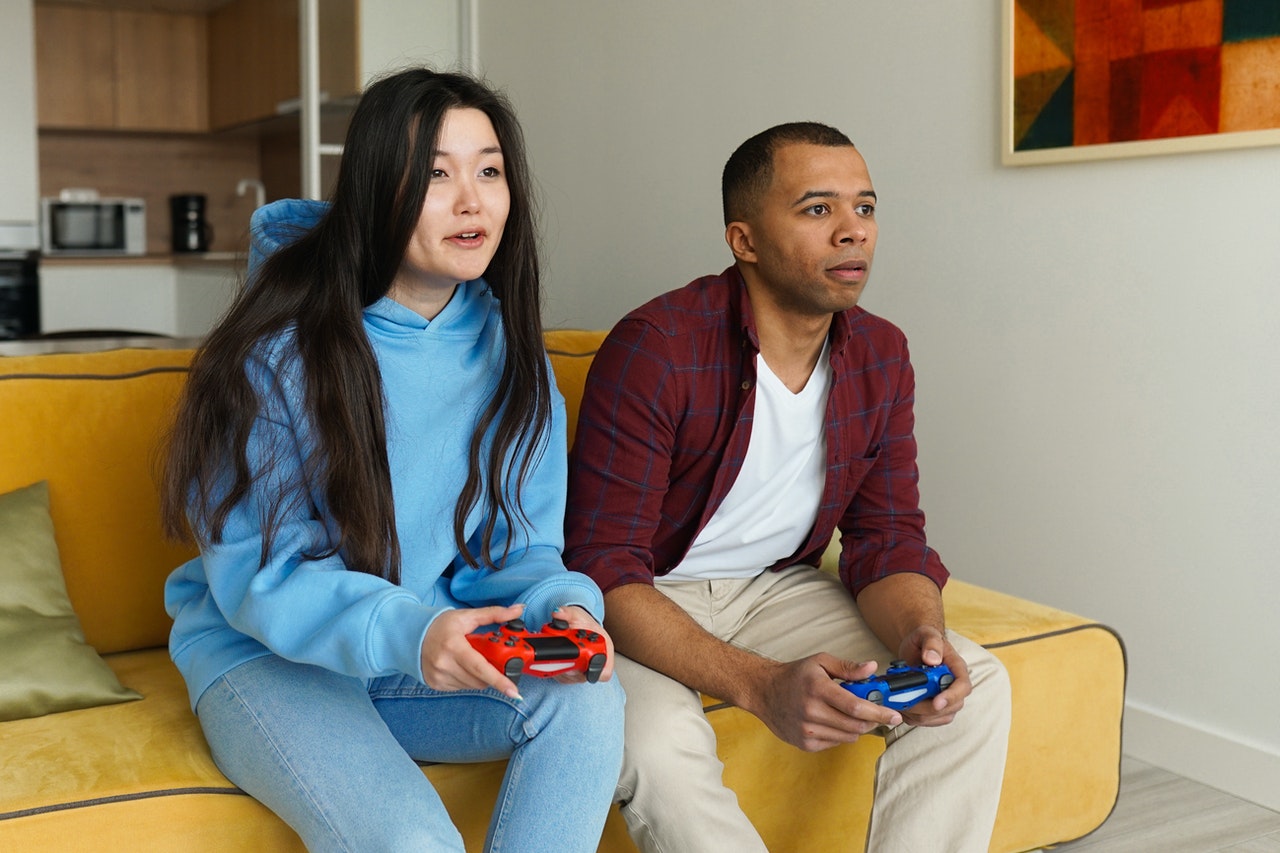Are Video Games Ruining Our Children’s Lives?

Editorials about the impact video games may or may not be having on our everyday lives tend to focus on the potential damaging effects, especially for children and adolescents. For example, they focus on links between violent video game play and violent crime or the potential dangers of video game addiction (although, both of these topics are scientifically tenuous – see here and here). Negatively slanted media coverage like this begs the question – how can something that is designed for fun, be so strongly associated with negative outcomes?
While exploring the potential negative effects of video games have dominated the field since the inception of “video game studies research”, over the last few years there has been a push among researchers to explore the more positive effects video games can have in our everyday lives. This research is only just now starting to garner some media attention.
When you think of the potential positive effects of video games, you may immediately think of the research that has focused on games and learning (i.e., the idea that video games can teach us a range of knowledge and skills). However, the positive effects of video games can – and do – go way beyond that. In recent years, researchers have found evidence to suggest that video games can not only be tools for learning but also have a positive effect on us physically, socially, and psychologically.
In terms of promoting physical health, video games have developed a pretty bad reputation. For example, if you do an image search for “gamers”, you’ll quickly see that being overweight is one of the most notable features of the stereotypical gamer (however, it should be recognized that stereotypes are generally inaccurate. The stereotype online gamers is no exception). As living an inactive lifestyle is unhealthy, and video games can sometimes be relatively sedentary activities, video games may contribute to a range of negative physical consequences associated with inactivity, including obesity.
That being said, it is unlikely that a person will become obese from playing video games alone. Not only because it is unlikely that playing video games is one’s only leisure activity but also because recent developments in video- and controller-tracking technology has created a range of new games that require physical movements from the players. “Exergames” for instance, use motion sensing cameras and trackable controllers to follow a player’s movements within the room. A popular example of an “exergame” is Just Dance (Ubisoft), which guides players through dance routines to popular songs.
There are also augmented reality games that use geolocation, such as Pokemon Go (Niantic) that have gained popularity. These games require players to go outside and find objects or solve puzzles. They also often encourage working together with other players nearby. This means they are not only promoting physical well-being but social as well!
The social benefits of playing video games, both off- and online, have been grossly under-addressed in the media. Rather than video games having created a generation of addicted and anti-social youths (as the stereotype would suggest), research indicates that the highly social nature of video games, both off- and online, helps to build and maintain friendships, both with pre-existing “offline” friends and online friends. And before you dismiss online friends as being “less valuable” than face-to-face contacts, keep in mind that research shows online friends are seen close, valuable, and trusted friends, and can provide substantial social and emotional support, particularly for individuals who maybe shy, socially anxious, or socially isolated.
Playing video games can help promote psychological well-being as well including improved life satisfaction and reduced loneliness, depression, and anxiety (especially in COVID times).
So what does this all mean? It means that video games are not going to destroy our lives or the lives of our children. In fact, if you look at the wealth of research, a more reasonable conclusion to draw would be that video games are just another source of fun and entertainment. They are an activity that we can share with friends and family members of all ages, they provide us with a sense of shared identity (i.e.,”gamers”), and they may even teach us something. Luckily for us, research looking into the positive effects of video games is starting to gain steam within the research and media communities. Hopefully, we will begin to see the transformation from the “doom and gloom” approach that has long dominated game studies into a more positive one over the next few years.

 Dr. Rachel Kowert
Dr. Rachel Kowert